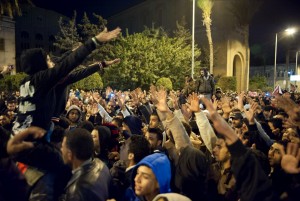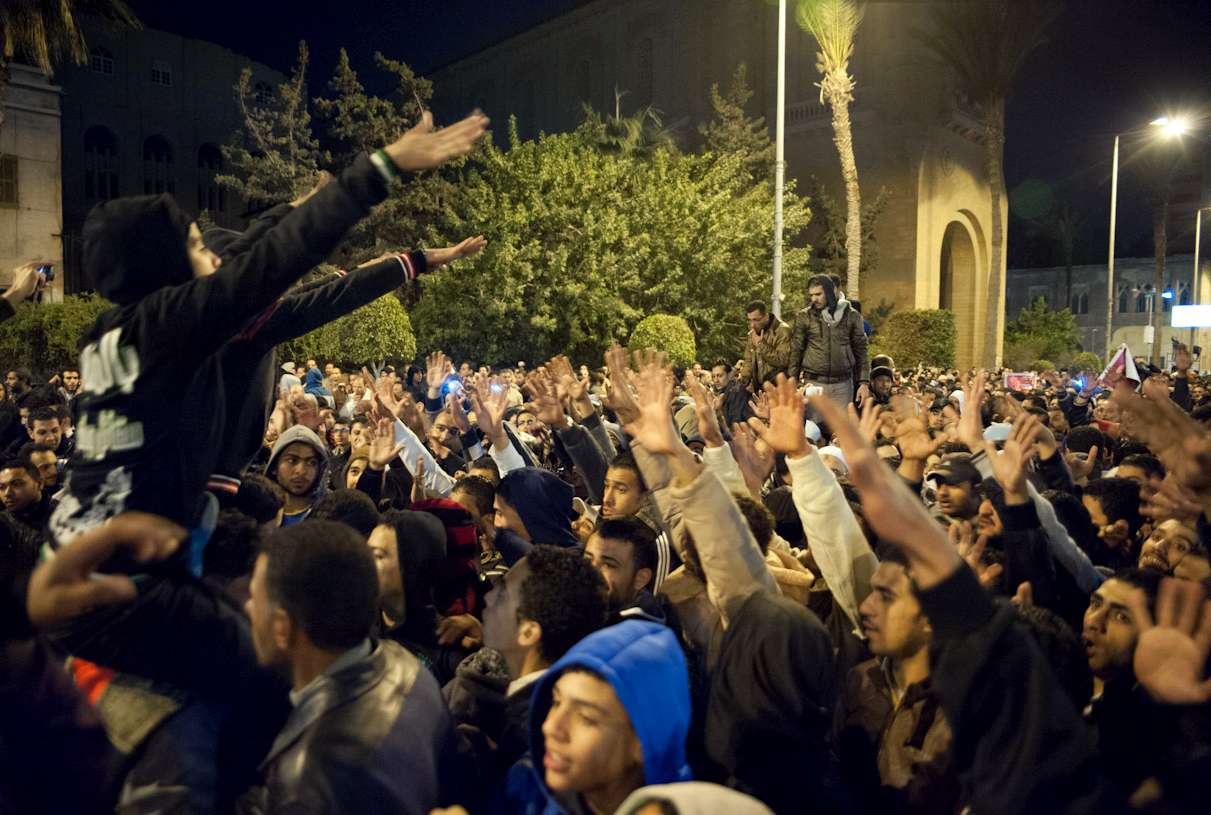
AFP Photo / Stringer
Human Rights Watch (HRW) condemned the most recent implementation of emergency law in three Canal area governorates, calling the decision a “knee-jerk” reaction from the government that would infringe on the personal rights of citizens.
“The government has the duty to take reasonable steps to protect security, but this knee-jerk response granting the police excessive powers is certainly not the answer,” said Joe Stork, HRW deputy Middle East director, in the report.
“What is glaringly missing are orders to the police and the military to exercise restraint in their use of force and to warn that all official abuses will be punished.”
On the night of 27 January, President Mohamed Morsy enacted a state of emergency in Port Said, Ismailia, and Suez after violence had spread in the governorates.
One day after, the Shura Council passed a law granting the army the authority to arrest civilians. HRW reported that over the last two years, more than 1,000 protesters were killed as a result of police and military using excessive force.
“Law 162 of 1958 also allows for trials before Emergency State Security Courts, which former President Hosni Mubarak’s government used for swift politicised trials since emergency court decisions may not be appealed,” the report added.
HRW recommended the law be amended to limit the jurisdiction of the military justice system to military offences.
Earlier this week Amnesty International called on Egyptian authorities to consider ways in which they could restore order through “less intrusive measures.”

